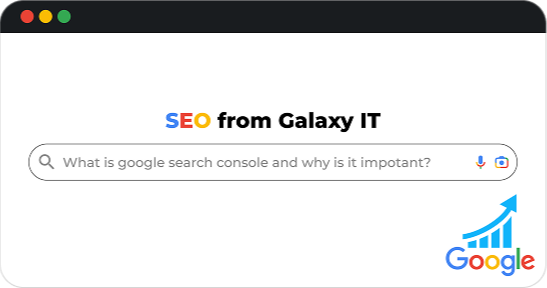How to Do Keyword Research Like a Pro: Common Mistakes and Expert Tips
- 21.08.2023
- 22 views
- 5 min
Semantic Kernel Collection: Challenges and Recommendations
The semantic core is a key element for understanding and optimizing a website from the perspective of search engines. It defines the main topics and keywords by which the resource will be recognized by search algorithms. However, the process of gathering a semantic core can be a complex and time-consuming task. In this article, we will review approaches to self-assembly of a semantic core, highlight its challenges, and provide recommendations on the most effective ways to achieve this goal.
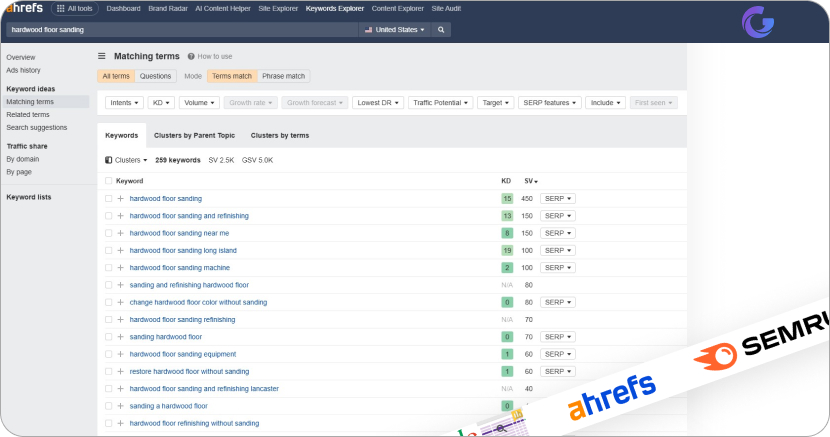
Semantic core collection - advantages and limitations
The independent collection of the semantic core has its advantages. It allows you to save money on the involvement of specialists and allows you to better understand the subject of your own website. However, this approach is accompanied by numerous limitations. A large amount of time and resources can be spent on searching and analyzing keywords, and the results may not be accurate enough, not giving a complete picture of exactly how users will search for relevant content.
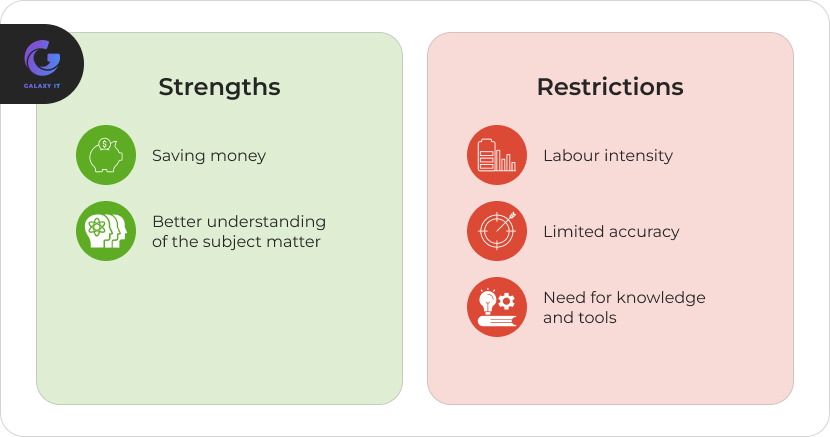
Challenges in independent assembly of the semantic core
- Volume of data: The Internet is saturated with information, and manually selecting keywords and phrases is a big task. The semantic core should reflect the real picture, and this can be difficult in conditions of a huge volume of data.
- Query Variability: Search queries may vary from user to user. When collecting the semantic core yourself, it can be difficult to take into account all possible options for queries.
- Accuracy and relevance: Keyword research is not only about choosing words with a high volume of searches, but also about choosing those that are really relevant to your content. A large volume of searches does not always mean that a word or phrase is suitable for your site.
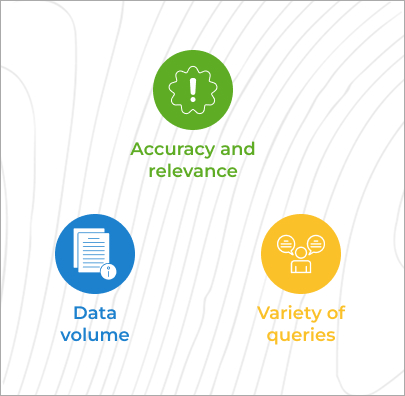
Recommendations for efficient collection of semantic core
- Use tools: Use specialized tools to analyze keywords and phrases. Google Keyword Planner, SEMrush, Ahrefs are just a few examples of tools that can provide you with insights into keyword popularity and competition.
- Competitor analysis: Study competitor sites and analyze their semantic core. This can help identify missed opportunities and identify popular requests in your industry.
- Involvement of specialists: The cost of time and resources spent on independent collection of the semantic core may exceed the cost of involving professionals. Experienced SEO specialists know how to collect and analyze keywords with maximum efficiency.
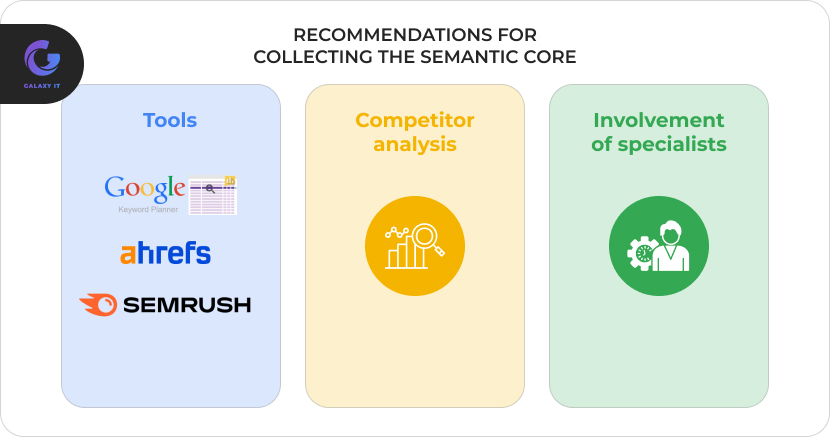
Summary
In conclusion, although independent collection of the semantic core can be important for a deeper understanding of one's own content, this approach is accompanied by numerous challenges. The volume of data, the variability of requests and the need for high accuracy require professional skills and specialized tools. Hiring experienced SEO professionals can be the most effective way to achieve the optimal semantic core for your website.

